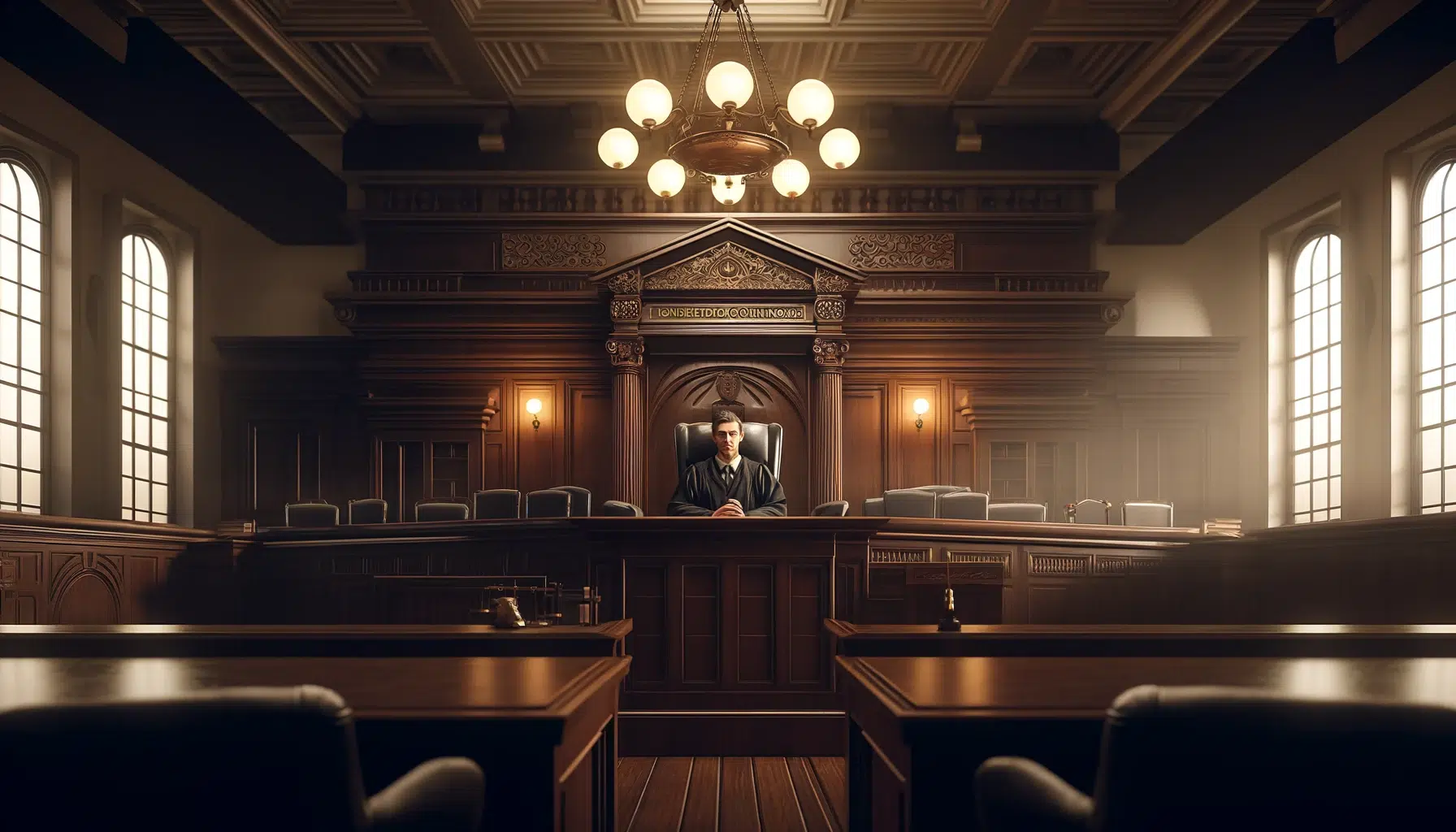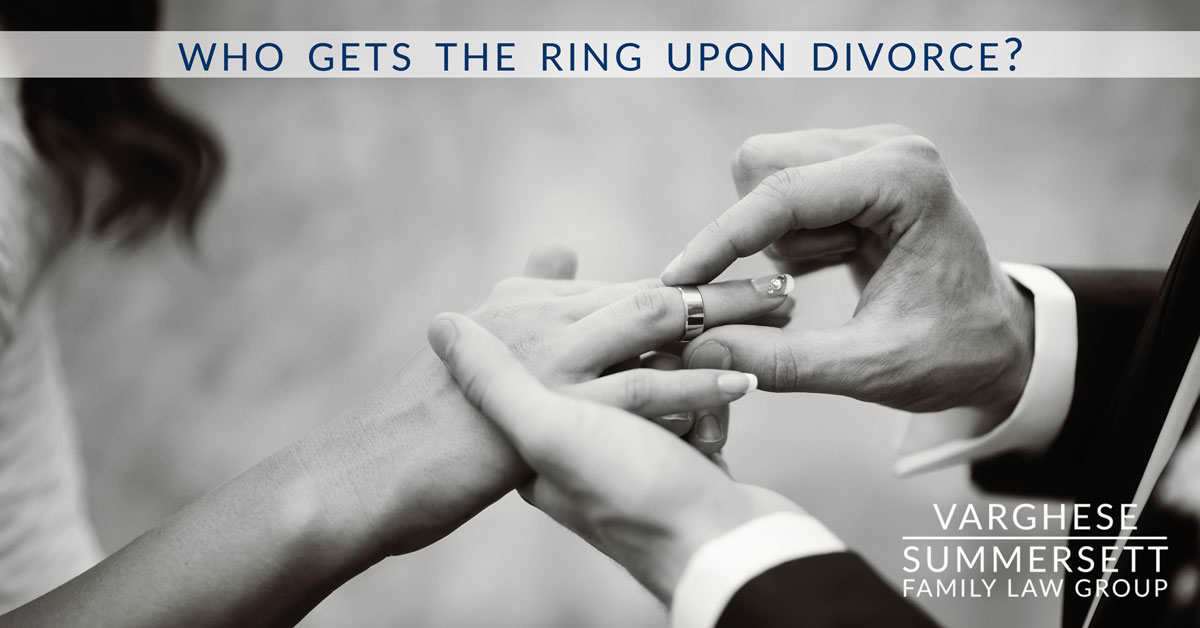
Juror Reportedly “Quits” Trump Hush Money Trial | Can a Juror Quit?
Can you “quit” a jury?
The media is reporting that a “juror quit over the fear of being outed” in the historic Trump Hush Money Trial. Is it possible for a juror to quit?
First, it’s important to understand that a jury has not been empaneled in former President Trump’s case. They are still in jury selection. In regards to the juror who reportedly “quit,” this is a critically important factor.
Can a juror quit?
In the United States, once a juror is officially empaneled and sworn in for a trial, they cannot simply “quit” or voluntarily leave their duty without facing potential legal consequences. Jurors are expected to fulfill their civic duty unless the court excuses them for valid reasons.
Can a potential juror quit?
During the jury selection process, known as voir dire, potential jurors can be dismissed for various reasons, including personal hardships, biases, or conflicts of interest that might affect their ability to serve impartially. So, if the potential juror came forward and said they could not be fair or would consider something outside the evidence presented in the courtroom, they could be excused for cause. If the judge did not dismiss the potential juror for cause at that point, either side could use a peremptory challenge. So in essence, by speaking up and expressing a bias or outside influence that they could not set aside, a juror can effectively ensure they will not be on the jury.
Challenges for Cause vs. Peremptory Challenges
The difference between a challenge for cause and a peremptory challenge lies primarily in the reasons and justifications required for each during the jury selection process.
Challenge for Cause
A challenge for cause requires a specific, legally valid reason to disqualify a potential juror. This type of challenge is used when there is evidence that a juror may not be able to perform their duties impartially. Common reasons for a challenge for cause include:
- Conflicts of interest, such as a relationship with someone involved in the trial
- Pre-existing knowledge or strong opinions about the case that could prevent objective judgment
- Inability to communicate effectively or understand the proceedings due to language barriers or disabilities
- Demonstrable bias or prejudice against one of the parties involved in the trial
- Judges must approve challenges for cause, and there is no limit to the number of these challenges a party can make, provided they can substantiate each one
Peremptory Challenge
Peremptory challenges, on the other hand, allow attorneys to exclude potential jurors without providing a specific reason or justification. However, these challenges are limited in number and cannot be used to discriminate based on race, ethnicity, or sex, as established by the Batson v. Kentucky decision. Peremptory challenges primarily aim to help attorneys shape the jury composition based on their instincts or strategic considerations about how jurors might react to the case.
How many jurors will serve in Trump’s hush money trial?
In Donald Trump’s hush money trial, the plan is to have 12 jurors and 6 alternates, so a total of 18 jurors will be selected. This is a high number of alternates and the setup is intended to ensure that there are sufficient jurors to continue the trial without interruption, even if some jurors must be excused during the proceedings.
What are alternate jurors, and what will they do in Trump’s trial?
Six alternate jurors are selected in the Donald Trump hush money trial. Alternate jurors are crucial in ensuring that the trial can proceed without interruption due to losing any of the main jurors. They listen to the evidence and are prepared to step in and replace any main juror who cannot continue due to illness, personal emergencies, or being disqualified during the trial. If an alternate juror replaces a main juror after deliberations have begun, the entire jury must start their deliberations over. This ensures that all jurors participating in the final deliberations have been present for all deliberative discussions.
What happens if a juror “quits” or just stops showing up?
Once a jury is empaneled, if a juror does not show up or “quits,” the court has several mechanisms to address the situation, ensuring the trial can proceed without undue disruption.
Legal Consequences for the Juror
If a juror fails to show up without a valid reason or attempts to quit mid-trial without being formally excused by the judge, they could potentially face legal penalties, including fines or other sanctions, depending on the jurisdiction’s laws regarding jury duty. It could be considered juror misconduct and would likely result in contempt of court.
Replacement with an Alternate Juror
If a juror is unable to continue serving due to illness, personal emergency, or other valid reasons, and the trial has not yet reached the deliberation stage, an alternate juror can be called upon to replace the original juror. This ensures that the jury remains at its full complement for the duration of the trial
Continuing with a Smaller Jury
In some jurisdictions, the trial can proceed with a smaller jury if jurors are reduced after the trial has begun and both parties agree to it. This is less common and typically requires the consent of both the defense and the prosecution.
Mistrial
If a juror leaves during deliberations and an alternate is unavailable or the departure significantly impacts the trial’s fairness, the judge may declare a mistrial. This would result in the trial being restarted with a new jury.
The primary reason a judge would seat so many alternate jurors in this case is to avoid the possibility of having to declare a mistrial or having to continue with a smaller jury.
The specific course of action depends on the timing of the juror’s departure, the availability of alternates, and the legal standards in the particular jurisdiction. The judge plays a crucial role in deciding how to proceed in such situations to maintain the integrity of the trial process.



